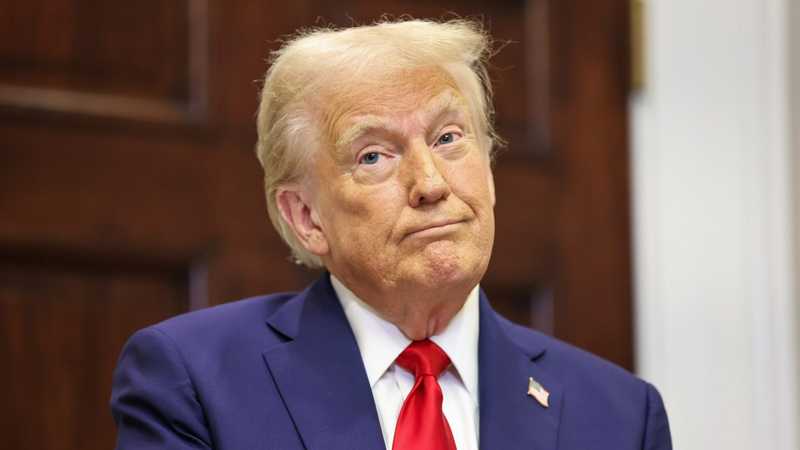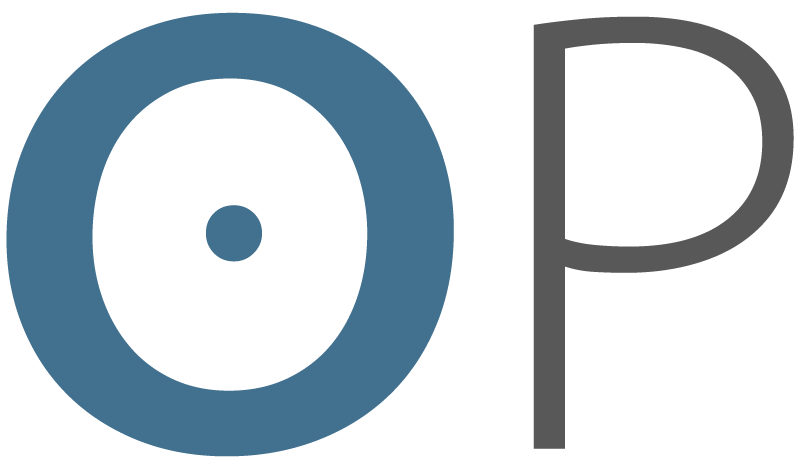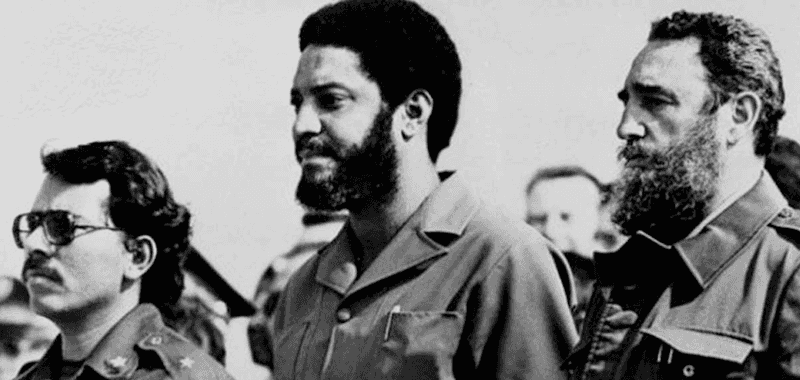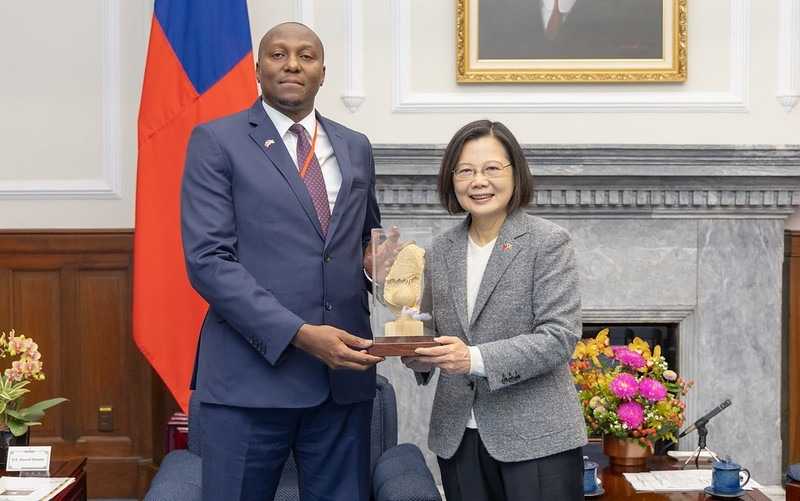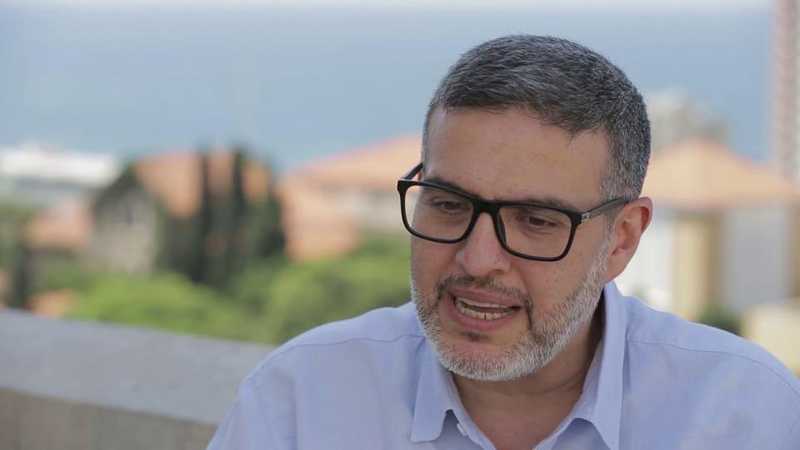
“Each generation must discover its mission, fulfill it or betray it, in relative opacity.” – Frantz Fanon, The Wretched of the Earth
The students of Glasgow University decided to vote in memory of 52,000 Palestinians killed. In memory of 14,000 children murdered. They voted in solidarity with 17,000 Palestinian children orphaned, 70,000 wounded – of whom 50% are children – and the 4-5,000 children whose limbs have been amputated.
They voted to stand in solidarity with the students and the teachers of 360 schools destroyed and 12 universities completely levelled. They stood in solidarity with the family and the memory of Dima Alhaj, a Glasgow University alumni murdered with her baby and with her whole family.
At the beginning of the 20th century, Lenin predicted that real revolutionary change in Western Europe depended on its close contact with the liberation movements against imperialism and in the slave colonies. Glasgow University students understood what we have to lose when we allow our politics to become inhuman. They also understand that what is important and different about Gaza is that it is the laboratory in which global capital is looking at the management of surplus populations.
They stood next to Gaza and in solidarity with its people because they understood that the weapons that Benjamin Netanyahu uses today are the weapons that Narendra Modi will use tomorrow. The quadcopters and drones fitted with sniper guns – used so deviously and efficiently in Gaza that one night at Al-Ahli hospital we received over 30 wounded civilians shot outside our hospital by these inventions – used today in Gaza will be used tomorrow in Mumbai, in Nairobi and in Sao Paulo. Eventually, like the facial recognition software developed by the Israelis, they will come to Easterhouse and Springburn.
So, in reality, who did these students vote for? My name is Ghassan Solieman Hussain Dahashan Saqer Dahashan Ahmed Mahmoud Abu-Sittah and, with the exception of myself, my father and all of my forefathers were born in Palestine, a land that was given away by one of Glasgow University's previous rectors. Three decades before his forty-six-word declaration announced the British government’s support for the settler colonisation of Palestine, Arthur Balfour was appointed Lord Rector of the University of Glasgow. ‘A survey of the world… shows us a vast number of savage communities, apparently at a stage of culture not profoundly different from that which prevailed among pre-historic man,’ said Balfour during his rectorial address in 1891.
Sixteen years later, this antisemite masterminded the Aliens Act of 1905 to prevent Jews escaping from the pogroms of Eastern Europe from coming to safety in the United Kingdom. In 1920, my grandfather Sheikh Hussain built a school with his own money in the small village where my family lived. There he set the foundations for a relationship that made education central to my family’s life. On 15th May 1948, Haganah forces ethnically cleansed that village and drove my family, who had lived on that land for generations, into a refugee camp in Khan Yunis that now stands in ruins in the Gaza Strip. The memoirs of the Haganah officer who had invaded my grandfather’s house were found by my uncle. In these memoirs, the officer notes with incredulity how the house was full of books and had a certificate for a law degree from the University of Cairo, belonging to my grandfather.
The year after the Nakba, my father graduated from medical school at Cairo University and moved back to Gaza to work in UNRWA in its newly formed clinics. But like many of his generation, he moved to the Gulf to help build the health system in those countries. In 1963, he came to Glasgow to pursue his postgraduate training in paediatrics and fell in love with the city and its people.
And so it was that in 1988, I came to study medicine at Glasgow University, and here I discovered what medicine can do, how a career in medicine places you at the cold face of people’s lives and how if you are equipped with the right political, sociological and economic lenses, you can understand how people’s lives are being shaped, and many times contorted, by political forces beyond their control.
And it was in Glasgow that I saw for the first time the meaning of international solidarity. Glasgow in that time was rife with groups that were organising solidarity with El Salvador, Nicaragua and Palestine. Glasgow City Council was one of the first to twin with cities in the West Bank and Glasgow University set up its first scholarship for the victims of the Sabra and Shatila massacre. It really was during my years in Glasgow that my journey as a war surgeon started, first as a student when I went to the first American war in Iraq in 1991; then with Mike Holmes to South Lebanon in 1993; then with my wife to Gaza during the Second Intifada; then to the wars waged by the Israelis on Gaza in 2009, 2012, 2014 and 2021; to the war in Mosul in Northern Iraq, to Damascus during the Syrian war and to the Yemen war. But it wasn’t until the 9th of October that I got to Gaza and saw the genocide unfold.
Everything that I had known about wars compared to nothing that I had seen. It was the difference between a flood and a tsunami. For 43 days, I watched the killing machines tear apart the lives and the bodies of the Palestinians in the Gaza Strip, half of whom were children. After I came out, the students of Glasgow University reached out for me to run for election as rector. Soon after, one of Balfour’s savages won the election.
So what have we learned from the genocide and about genocide over the last 6 months? We’ve learned that scholasticide, the elimination of whole educational institutions, both infrastructure and human resources, is a critical component of the genocidal erasure of a people. 12 universities completely flattened. 400 schools. 6,000 students killed. 230 school teachers killed. 100 professors and deans and two university presidents killed.
We also learnt, and this is something I found out when I left Gaza, that the genocidal project is like an iceberg of which Israel is only the tip. The rest of the iceberg is made up of an axis of genocide. This axis of genocide is the United States, the United kingdom, Germany, Australia, Canada, and France… countries that have supported Israel with arms – and continue to support the genocide with arms – and have maintained political support for the genocidal project so that it would continue. We should not be fooled by the United States’ attempts at humanitarianising the genocide: Killing people while dropping food aid by parachute.
I also discovered that part of the genocidal iceberg are genocide enablers. Little people, men and women, in every facet of life, in every institution. These genocidal enablers come in three types.
- The first are those whose racialisation and total othering of Palestinians has rendered them unable to feel anything for the 14,000 children who have been killed and for whom Palestinian children remain ungrievable. Had Israel killed 14,000 puppies or kittens they would have been completely destroyed by the barbarity of it.
- The second group are those whom Hannah Arendt said in ‘The Banality of Evil’, “had no motives at all, except for extraordinary diligence in looking after his personal advancement.”
- The third are the apathetic. As Arendt said, “evil thrives on apathy and cannot exist without it.”
In April 1915, one year after the First World War began, Rosa Luxemburg wrote about German bourgeois society. “Violated, dishonoured, wading in blood… the ravening beast, the witches’ sabbath of anarchy, a plague to culture and humanity. Those of us who have seen, smelt and heard what the weapons of war do to a child’s body by design, those of us who have amputated the unsalvageable limbs of wounded children, can never have anything but the utmost disdain for all involved in the manufacture, design and sale of these instruments of brutalism. The aim of weapons manufacturing is to destroy life and to ravage nature. In the arms industry profits rise not only as a result of the resources captured in or through war, but through the process of destruction of all life, both human and environmental. The idea that there would be peace or an unpolluted world while capital grows by war is ludicrous. Neither the arms trade, nor the fossil fuel trade, have any place at University.
So, what is our plan, this ‘savage’ and his accomplices?
We will campaign for divestment from arms manufacturing and the fossil fuel industry in this University, both to de-risk the University following the International Court of Justice’s ruling that this is plausibly a genocidal war and the current case brought against Germany by Nicaragua for complicity in genocide.
Genocidal blood money made as a profit from these shares during the war will be used to set up a fund to help rebuild Palestinian academic institutions. This fund will be in the name of Dima Alhaj and in memory of a life cut short by this genocide.
We will form a coalition of student and civil society groups and unions to turn Glasgow University into a campus free from gender-based violence.
We will campaign to find concrete solutions to end student poverty at Glasgow University and to provide affordable housing to all students.
We will campaign for a boycott of all Israeli academic institutions that have progressed from being complicit in apartheid and the denial of education to Palestinains to genocide and the denial of life. We will campaign for a new definition of antisemitism that does not conflate anti-zionism and anti-israeli genocidal settler colonialism with anti-semitism.
We will fight with all othered and racialised communities, including the Jewish community, the roma community, muslims, black people and all racialised groups, against the common enemy of a rising right-wing fascism, now absolved of its antisemitic roots by an Israeli government in exchange for their support for the elimination of the Palestinian people.
Only this week, just this week, we saw how a German government-funded institution censured a Jewish intellectual and philosopher, Nancy Fraser, because of her support of the Palestinian people. Over a year ago, we watched the Labour Party suspend Moshé Machover, a Jewish anti-zionist campaigner, for antisemitism.
On the flight up, I was fortunate enough to be reading ‘We Are Free to Change the World’ by Lyndsey Stonebridge. I quote from this book: “It is when the experience of powerlessness is at its most acute, when history seems at its most bleak, that the determination to think like a human being, creatively, courageously and complicatedly matters the most.” 90 years ago, in his ‘Solidarity Song’, Bertolt Brecht asked ‘Whose tomorrow is tomorrow? And whose world is the world?’
Well, my answer to him, to you and to the students of Glasgow University: It is your world to fight for. It is your tomorrow to make. For us, all of us, part of our resistance to the erasure of genocide is to talk about tomorrow in Gaza, to plan for the healing of the wounds of Gaza tomorrow. We will own tomorrow. Tomorrow will be a Palestinian day.
In 1984, when Glasgow University made Winnie Mandela its Rector in the darkest days of P. W. Botha’s rule under a brutal apartheid regime, supported by Margaret Thatcher and Ronald Reagan, no one could have dreamt that in 40 years South African men and women could be standing in front of the International Court of Justice defending the Palestinian people’s right to life as free citizens of a free nation.
One of this genocide’s aims is to drown us in our own sorrow. On a personal note, I want to hold space so that I and my family can grieve for our loved ones. I dedicate this to the memory of our beloved Abdelminim killed at 74 on the day of his birth. I dedicate it to the memory of my colleague Dr. Midhat Saidam who had stepped out for half an hour to take his sister to their house so that she could be safe with her children and never came back. I dedicate it to my friend and my colleague Dr. Ahmad Makadmeh who was executed by the Israeli army in Shifa Hospital just over 10 days ago with his wife. I dedicate it to the ever-smiling Dr Haitham Abu-Hani, head of the Emergency Department at Shifa Hospital, who always met me with a smile and a pat on the shoulder. But most of all we dedicate this to our land. In the words of the ever-present Mahmoud Darwish,
“To our land, and it is a prize of war,
the freedom to die from longing and burning
and our land, in its bloodied night,
is a jewel that glimmers for the far upon the far
and illuminates what’s outside it ...
As for us, inside,
we suffocate more!”
And so I want to end with hope. In the words of the immortal Bobby Sands MP, “Our revenge will be the laughter of our children.”\
HASTA LA VICTORIA SIEMPRE!
